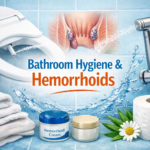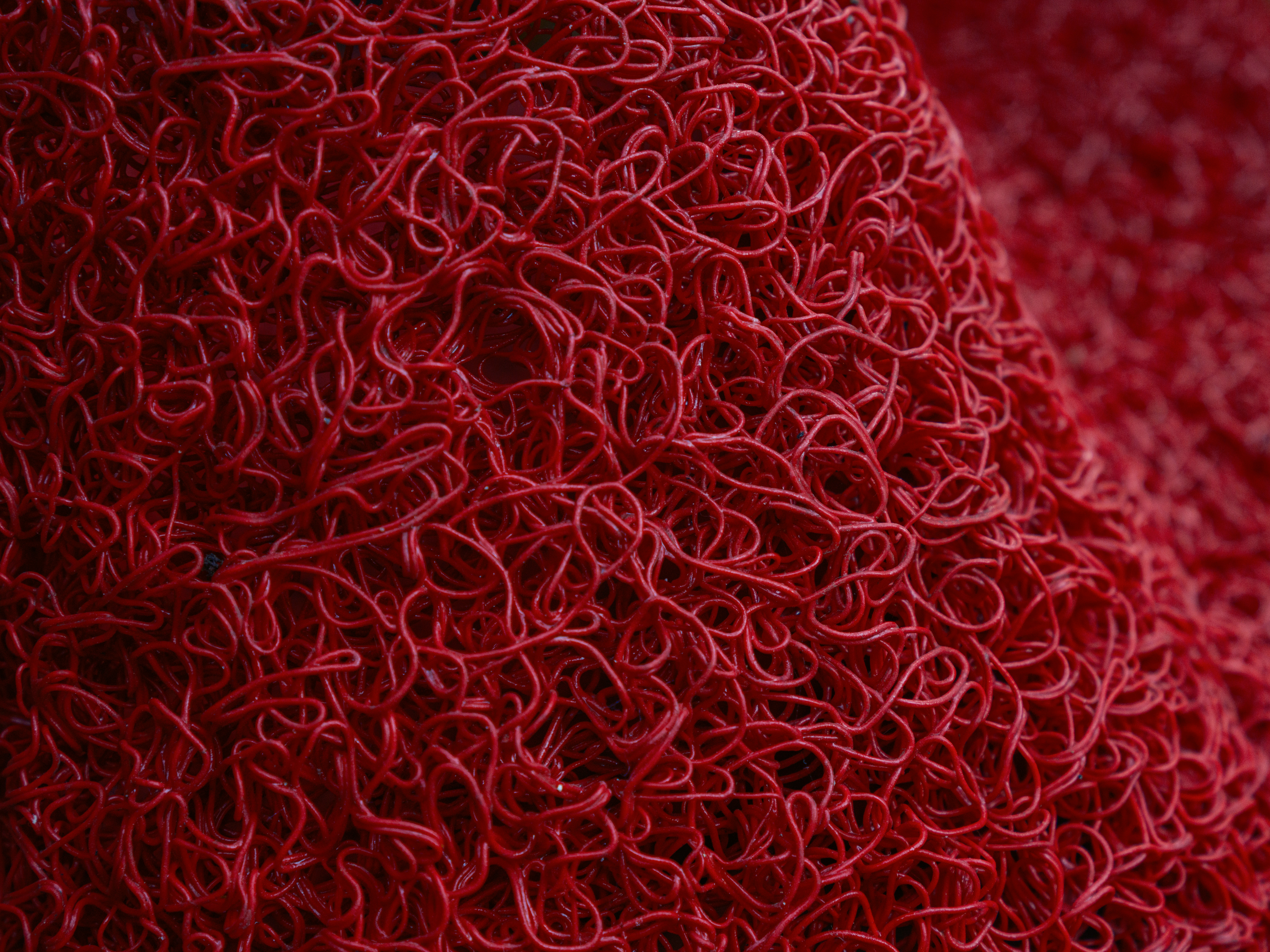Using stool softeners for hemorrhoids is a common solution for many people who struggle with the condition. And it makes sense because they promote better bowel movement, which is vital in improving or worsening hemorrhoidal symptoms.
However, interfering with normal bowel movement may come with side effects or other unpleasant reactions. So, are stool softeners still the best treatment plans for hemorrhoids? Or are there better alternatives today?
Here’s all you need to know!
What are stool softeners, and how do they work?
Stool softeners are a form of medication used to restore your bowel movement when experiencing constipation. Patients consume stool softeners orally since they normally come in the form of capsules.
Stool softeners should not be confused with laxatives, substances that attempt to increase bowel movement directly. Softeners are meant to reduce the hardness of stools so that they’re easier to pass.
Softeners work by increasing water content in the stool, lubricating the passageway, and encouraging smoother bowel movement as a result.
- The medication will allow your stool to absorb more amounts of water as it gets processed through the digestive system. An increase in water makes the stool softer and more pliable.
- Hard stool passing through your digestive tract may cause friction with the intestinal lining and prolong constipation. Stool softeners can help lubricate the digestive tract for easier passage.
- With water absorption and increased lubrication, bowel movements happen easily and with less resistance to surrounding tissue.
How do stool softeners help with hemorrhoids?
Hemorrhoids is a medical condition where the blood vessels in your rectal area swell up and cause discomfort, pain, and irritation. Irregular bowel movement remains one of the primary causes and also the reason why the swelling worsens or refuses to heal.
Swelling and congestion in your rectum inhibit stool passage, leading to constipation. Stools unable to pass because of constipation will aggravate the hemorrhoids further. The bacteria in the stool may even cause infection in your anal tissues if your stool is unable to pass through. These conditions make it difficult for the hemorrhoids to heal, and the cycle continues.
Timely use of stool softeners may help relieve constipation through hydration, lubrication, and smooth bowel movement.
However, stool softeners and laxatives may over-perform and lead to unwanted side effects. Ensure that you use them only under medical supervision and the correct prescription to avoid aggravating your hemorrhoids further and causing unnecessary bowel troubles.
What are the potential side effects of using stool softeners for hemorrhoids?
Stool softeners attempt to facilitate easier bowel movement when you’re experiencing constipation. But overuse may lead to unpleasant side effects that include the following.
- A common side effect of consuming stool softeners is diarrhea. The increased absorption of liquids may make your stool watery and make bowel movements more frequent and excessive. But sticking to prescribed use and moderate consumption should prevent this effect from happening.
- Temporary abdominal cramping is another side effect experienced by some users. But some people may face prolonged cramping because of negative reactions with the digestive tract.
- One of the potential ill effects of stool softeners is that they can reduce the concentration of electrolytes in your body. This imbalance will affect the health of some of your normal bodily functions. A decrease in essential electrolytes like potassium will leave you weaker than before.
- People who develop allergic reactions to the ingredients of the stool softeners may experience itching, redness of the skin, etc.
These side effects of stool softeners can be troubling and cause concern even before use. But for most people, side effects remain negligible or nonexistent. The key is to follow the exact dosage prescribed by your doctor. Any overuse or underuse of the medication will increase the risk of one of these side effects happening.
The moderate use of stool softeners usually does not include any ill effects. And they remain a viable option for treating hemorrhoids along with other medications.
However, stop using stool softeners or laxatives if you develop these side effects. You can consider other methods and medication to treat your hemorrhoids if the negative reactions become too severe.
Are there any alternative remedies to stool softeners?
There are other medications and changes in lifestyles you can practice if you want to steer clear of stool softeners. Some of them involve diet and exercise, while others involve easy home remedies you can do for free.
· Regular Hydration
The most organic and natural way to soften your stools is by drinking adequate water throughout the day. Dehydration is easily one of the main reasons why your bowels and digestive system develop constipation. Lack of water hardens stools and inhibits the digestive process that normally takes place in your intestines. Proper hydration will ensure that the composition and passage of stool remain easy and smooth.
· Boost in Fiber
Fiber foods are nutrient-rich items low in carbs and calories. They enrich your body while promoting the healthier formation of stools. Include variety in your fiber diet by consuming fruits, legumes, green veggies, and whole grains.
· Hemorrhoidal Creams and Ointments
Consult your doctor to learn if any over-the-counter creams may work for your hemorrhoidal symptoms. Some topical creams reduce the swelling, while others relieve the annoying pain and discomfort.
· Epsom Salt Baths
You may already know that warm baths soothe and offer relief to the hemorrhoids-affected areas. Add a few pinches of Epsom salt to your warm bath and soak your bottom in the water for a few minutes. The solution will help with inflammation and quicken the healing process too.
· Physical Activity
Try to squeeze in about 20-30 minutes of moderately intensive exercises in your schedule. Physical movement encourages digestion and regular bowel movement and helps prevent constipation after meals.
Conclusion
Stool softeners remain a practical solution for treating constipation. However, overuse or misuse may lead to worsening bowel conditions like diarrhea. Consider maintaining an active lifestyle, a fiber-rich diet, and OTC ointments that help relieve and reduce the harsh effects of hemorrhoids.







